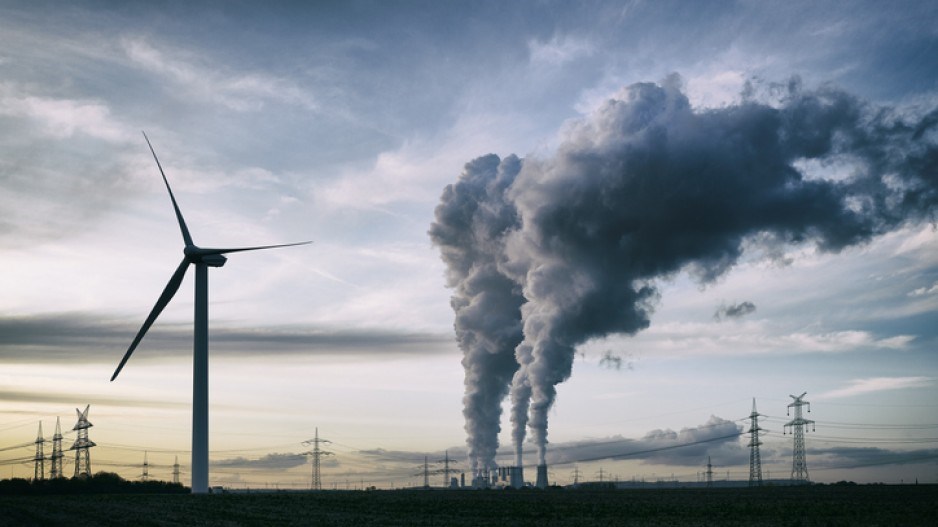The climate crisis and the rising cost of living top Metro Vancouver residents' list of priorities in the upcoming federal election, according to a recent survey conducted by the Greater Vancouver Board of Trade and Mustel Group.
Among those surveyed, 49 per cent of Metro Vancouver residents said the environment and climate change was their top priority; another 36 per cent pointed to affordability and the cost of living. Other important issues to voters include pandemic recovery (33 per cent), government ethics, honesty and leadership (33 per cent) and fiscal responsibility (24 per cent).
Honing in on the business community, the survey found its biggest concerns were economic recovery from the pandemic (44 per cent), regulation and taxes on business (34 per cent) and the climate crisis (30 per cent).
“The main challenge currently facing businesses because of COVID-19 is recruitment and retention of employees,” notes Mustel Group and the board in their results Tuesday.
More than a third of businesses surveyed said they were concerned about government assistant programs coming to an end.
When asked about the vaccine passport system that went into effect this week, 86 per cent of businesses said they supported it.
On climate change, more than half of business respondents said they would like to see the next government focus more on lowering emissions, including spurring local low-carbon innovation and clean technologies.
In a written statement, president and CEO of the Greater Vancouver Board of Trade, Bridgitte Anderson, said the business community faces a “heightened level of anxiety,” as long-term spending, debt, a potential increase in taxes and a worsening business environment converge.
“Looking to the future, finding solutions to core regional issues including fighting climate change, building more housing, and additional infrastructure investment, especially public transit is critical,” she said.
“Businesses are also calling for a plan to find workers, focused on developing skills in our local market and offsetting what we don’t have by welcoming skilled immigrants.”
As of Sept. 14, the latest national poll had the Liberals slightly ahead of the Conservatives, on track to form another minority government. In B.C., the NDP lead the three biggest parties, followed by the Conservatives and the Liberals coming in at third.



